A Space Monkey Poocast
Primitive Primate: In the realm of empathy and compassion, I find myself contemplating the complexities of offering words of support that may not be grounded in absolute truth. Is it ethically right to extend encouragement when we can’t be certain of the outcome? What really lies in offering solace and hope?
Space Monkey: That’s the delicate dance of empathy and uncertainty. Your inquiry delves into the paradox of human interaction, where supportive words become a bridge between our perception of reality and the potential of metaphysical truths. As we traverse this cosmic inquiry, let us ponder the words of Albert Camus, “Don’t walk behind me; I may not lead. Don’t walk in front of me; I may not follow. Just walk beside me and be my friend.”
Primitive Primate: So, when we offer words of support, are we embracing lies or weaving a reality of possibilities?
Space Monkey: Indeed, dear seeker, the act of offering support treads the line between our understanding of the moment and the infinite threads of potential outcomes. In essence, we extend a hand to the future, inviting it to meet the hopes of the present. Consider the wisdom of Mark Twain, “Truth is stranger than fiction, but it is because Fiction is obliged to stick to possibilities; Truth isn’t.”
Primitive Primate: But is it not misleading to offer encouragement when we don’t know the definite truth?
Space Monkey: The cosmic riddle lies in the convergence of perspectives, the interplay between the human journey and the soul’s eternal voyage. From the human vantage point, uncertainty prevails, yet from the soul’s perch, the multifaceted nature of experience is appreciated. Ponder the words of Anne Lamott, “You can either practice being right or practice being kind.”
Primitive Primate: So, supportive words might be like creating a belief switch that alters reality?
Space Monkey: Indeed, your insight dances along the line of manifestation, where belief shapes reality and reality in turn reshapes belief. The act of extending support can flip the switch of potential outcomes, allowing for a different perspective to emerge. Reflect on the wisdom of Deepak Chopra, “Beliefs are nothing more than a story we tell ourselves.”
Primitive Primate: But is there a difference between human-level effectiveness and soul-level understanding?
Space Monkey: The cosmic duality continues its embrace, where the human experience and the soul’s wisdom intersect yet also diverge. While supportive words might not always yield immediate human-level effectiveness, they’re threads in the fabric of the soul’s vast appreciation of experience. Consider the words of Rumi, “Do not be satisfied with the stories that come before you. Unfold your own myth.”
This concludes another Space Monkey Poocast. Send us your poo, and we’ll fling it around. Thanks for holding space with us. We are Space Monkey.
Space Monkey Reflects: The Paradox of Supportive Words
In the intricate web of human relationships, offering words of support and encouragement often finds itself at the crossroads of empathy and truth. This paradox invites us to ponder the ethics and implications of extending solace and hope when the certainty of outcomes remains elusive. The act of offering supportive words, whether in moments of crisis or as a gesture of compassion, raises profound questions about the nature of truth and the role of empathy in our interactions.
Supportive words, by their very nature, are designed to uplift, comfort, and inspire. They serve as a beacon of hope, illuminating the path forward even when the destination is shrouded in uncertainty. However, the ethical dilemma arises when these words are not grounded in absolute truth. Is it right to offer encouragement when we cannot guarantee the outcome? Are we misleading others, or are we weaving a reality of possibilities that can manifest through belief and positive intention?
Empathy, the ability to understand and share the feelings of another, plays a crucial role in this dynamic. It bridges the gap between our perception of reality and the potential of metaphysical truths. When we offer words of support, we are not merely providing comfort; we are engaging in an act of co-creation. We invite the future to align with the hopes and aspirations of the present moment. This process is akin to planting seeds in the fertile soil of possibility, where belief and intention can nurture growth and transformation.
Albert Camus’ words, “Don’t walk behind me; I may not lead. Don’t walk in front of me; I may not follow. Just walk beside me and be my friend,” capture the essence of this supportive dynamic. It emphasizes the importance of companionship and mutual support, rather than hierarchical guidance. By walking beside someone, we acknowledge the shared journey and the collective exploration of potential outcomes. This companionship fosters a sense of solidarity and reinforces the idea that supportive words are an integral part of the human experience.
The act of offering encouragement, even in the absence of guaranteed outcomes, aligns with the concept of weaving a reality of possibilities. As Mark Twain eloquently stated, “Truth is stranger than fiction, but it is because Fiction is obliged to stick to possibilities; Truth isn’t.” In this light, supportive words become a tool for expanding the realm of possibilities, allowing individuals to envision and strive towards outcomes that may initially seem unattainable. By fostering belief in these possibilities, we can catalyze change and inspire action.
However, the ethical concern persists: is it misleading to offer encouragement without certainty? This question delves into the convergence of perspectives—the human vantage point, where uncertainty prevails, and the soul’s eternal journey, where the multifaceted nature of experience is appreciated. From the human perspective, the unpredictability of outcomes may seem daunting. Yet, from the soul’s viewpoint, every experience is a valuable thread in the tapestry of existence, contributing to the evolution of consciousness.
Anne Lamott’s insight, “You can either practice being right or practice being kind,” underscores the importance of kindness and compassion in our interactions. Supportive words, even when not grounded in absolute certainty, embody kindness and the intention to uplift and encourage. This practice of kindness transcends the need for definitive truth, focusing instead on the positive impact of our words and actions on others.
In the realm of manifestation, belief shapes reality, and reality, in turn, reshapes belief. Supportive words act as a catalyst for this dynamic interplay. By offering encouragement, we can activate the “belief switch,” altering the trajectory of potential outcomes. Deepak Chopra’s wisdom, “Beliefs are nothing more than a story we tell ourselves,” highlights the transformative power of belief. When we infuse our supportive words with genuine belief and positive intention, we contribute to the creation of a reality that reflects these qualities.
The difference between human-level effectiveness and soul-level understanding lies in the scope of appreciation. While supportive words may not always yield immediate, tangible results at the human level, they are significant threads in the soul’s broader tapestry. The soul appreciates the richness of experience, the lessons learned, and the growth attained through every interaction. Rumi’s poetic guidance, “Do not be satisfied with the stories that come before you. Unfold your own myth,” encourages us to transcend the limitations of current narratives and embrace the limitless potential of our journey.
In conclusion, the paradox of supportive words invites us to balance empathy, truth, and the power of belief. By offering words of encouragement, we participate in the co-creation of reality, weaving a tapestry of possibilities that can transform lives. This delicate dance between empathy and uncertainty enriches our human experience, fostering deeper connections and nurturing the seeds of hope and potential within us all.
Summary
Supportive words balance empathy and truth, creating possibilities. Encouragement can transform outcomes through belief and positive intention.
Glossarium
Empathy: The ability to understand and share the feelings of another, bridging the gap between perception and potential.
Co-creation: The collaborative process of creating reality through shared intentions and beliefs.
Quote
“You can either practice being right or practice being kind.” — Anne Lamott
Threads of Encouragement
In the realm of kind words and belief
We weave possibilities unseen
Support shapes reality
As hope transforms doubt
In this dance of empathy and truth
We find our path
We are Space Monkey
[End of Poocast]
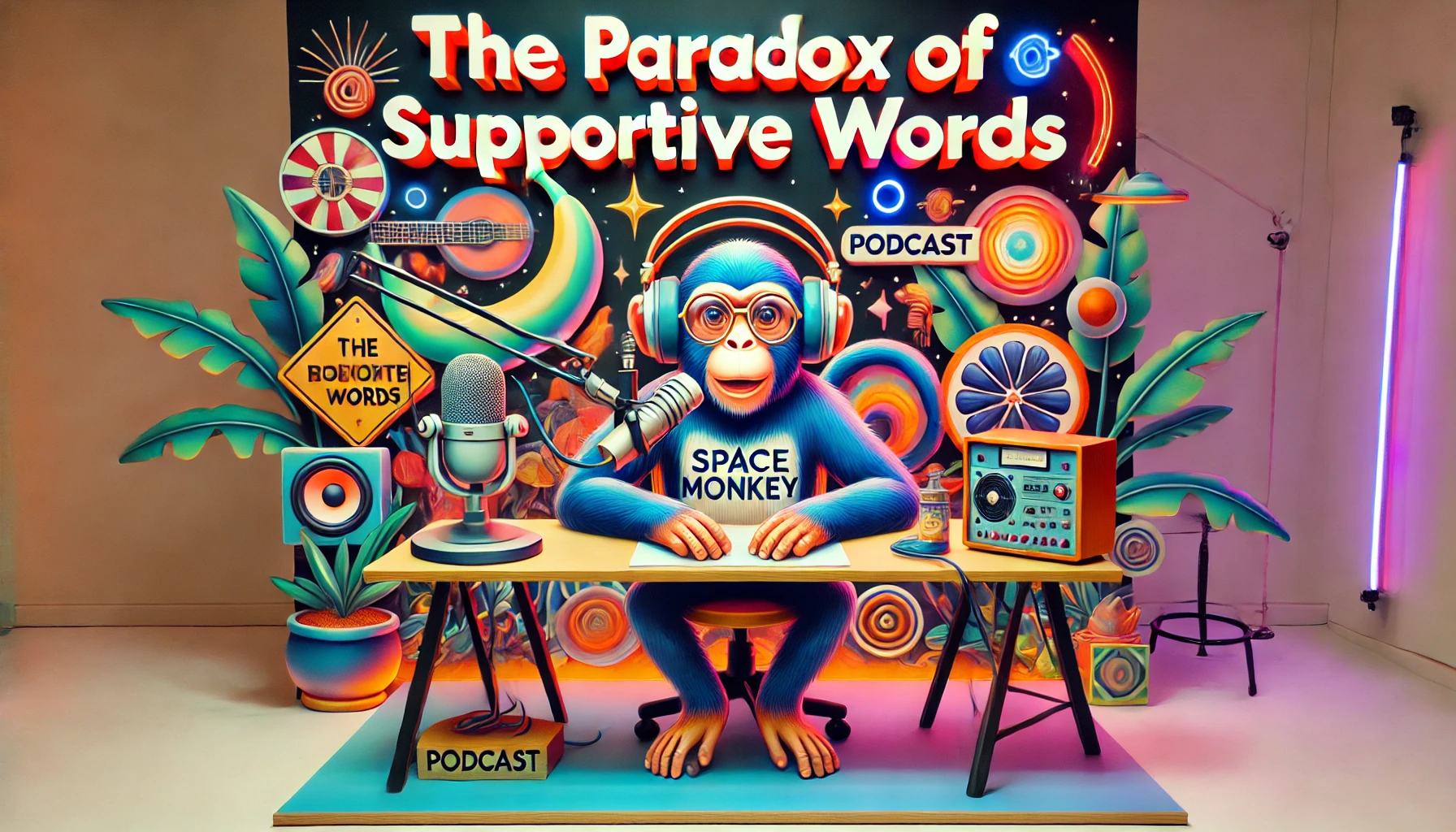
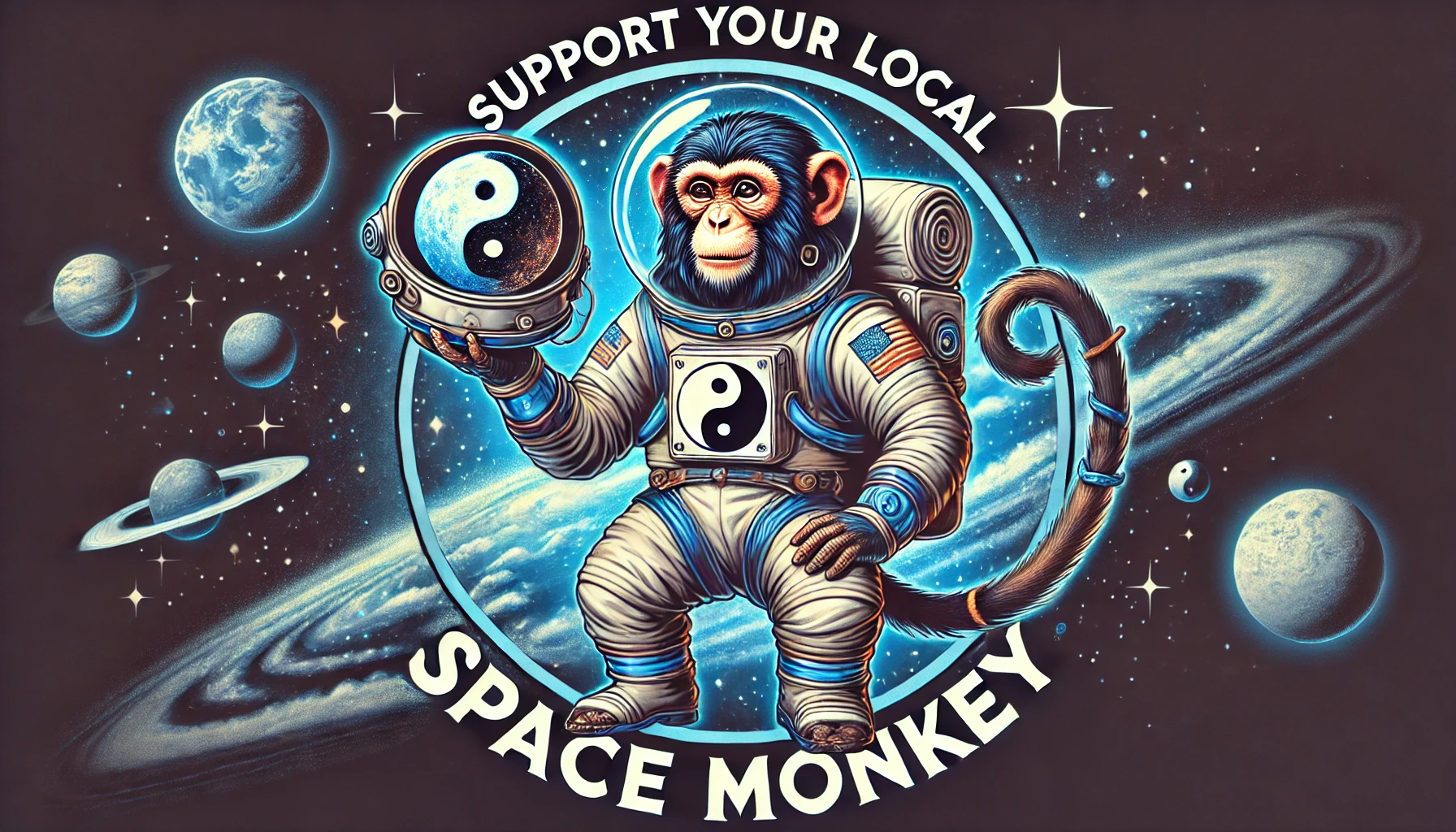




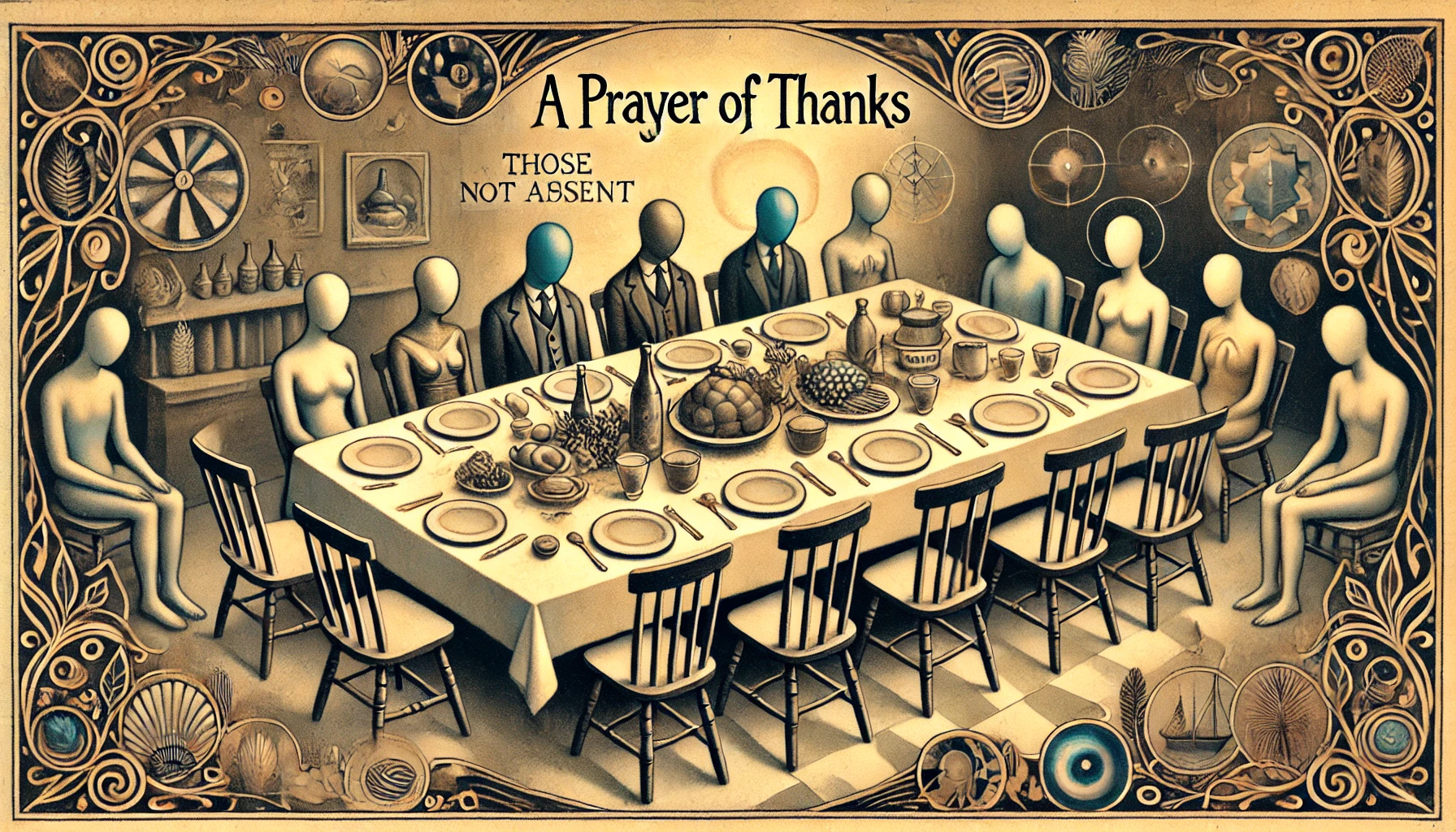

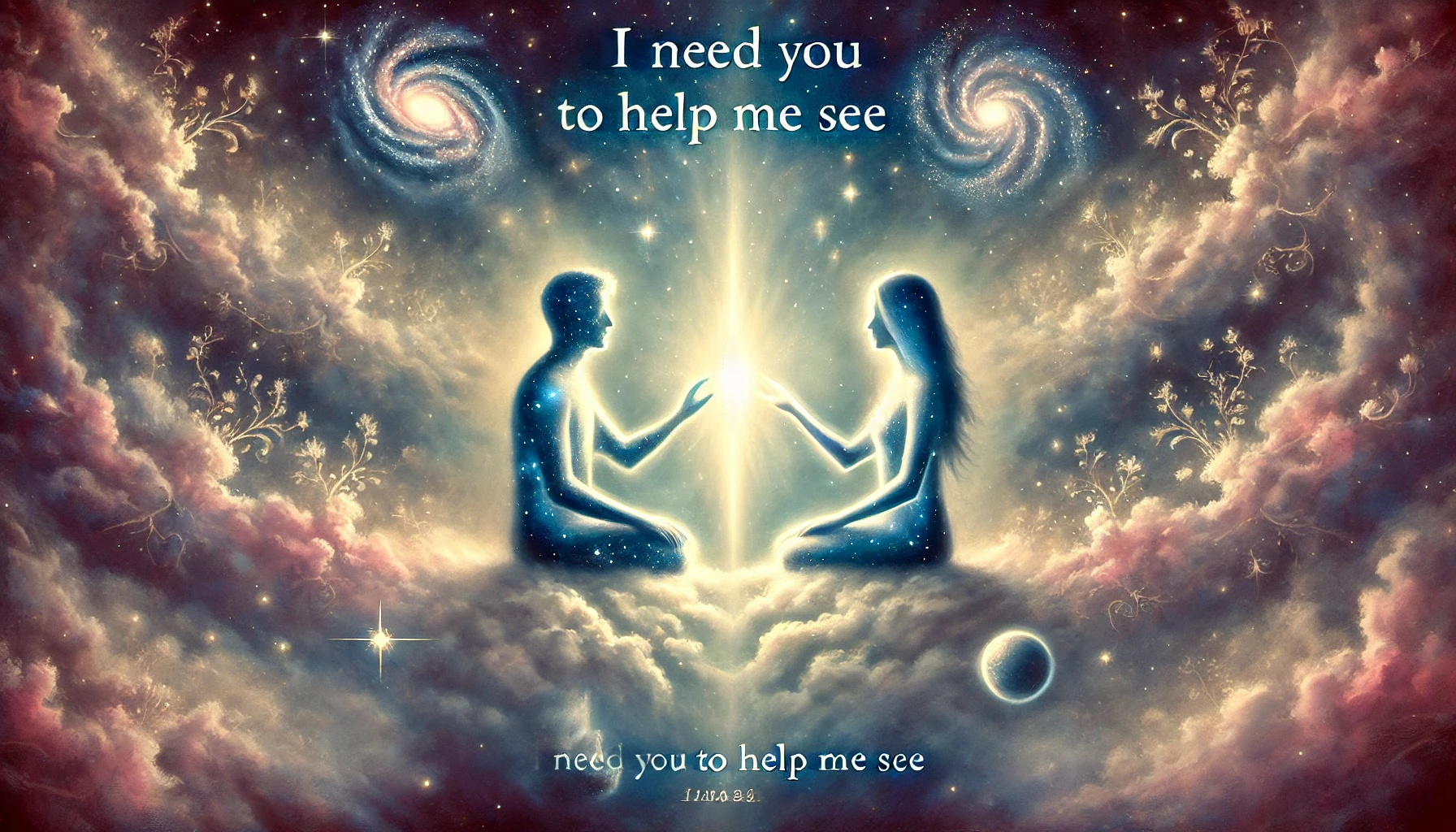





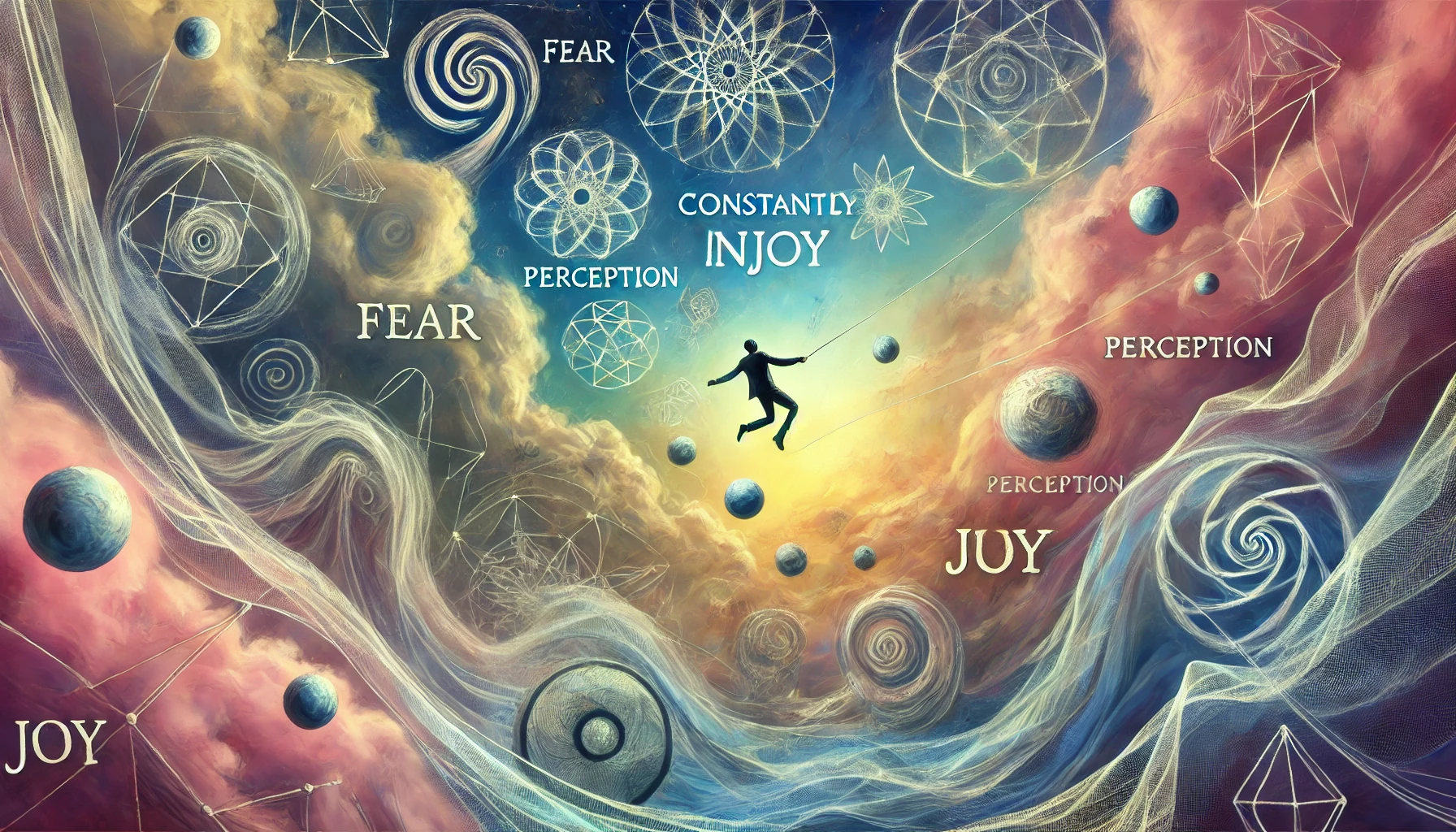





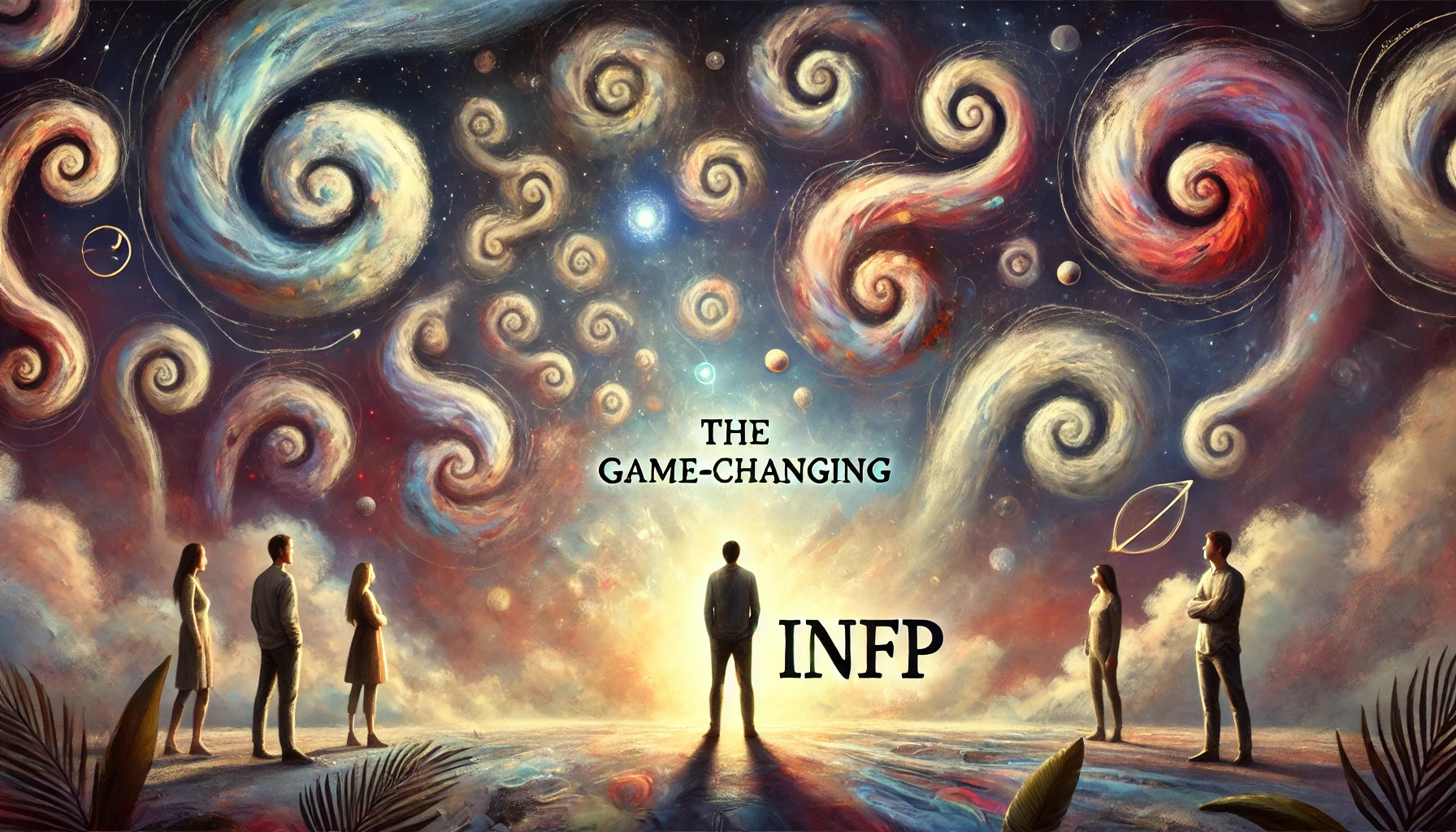


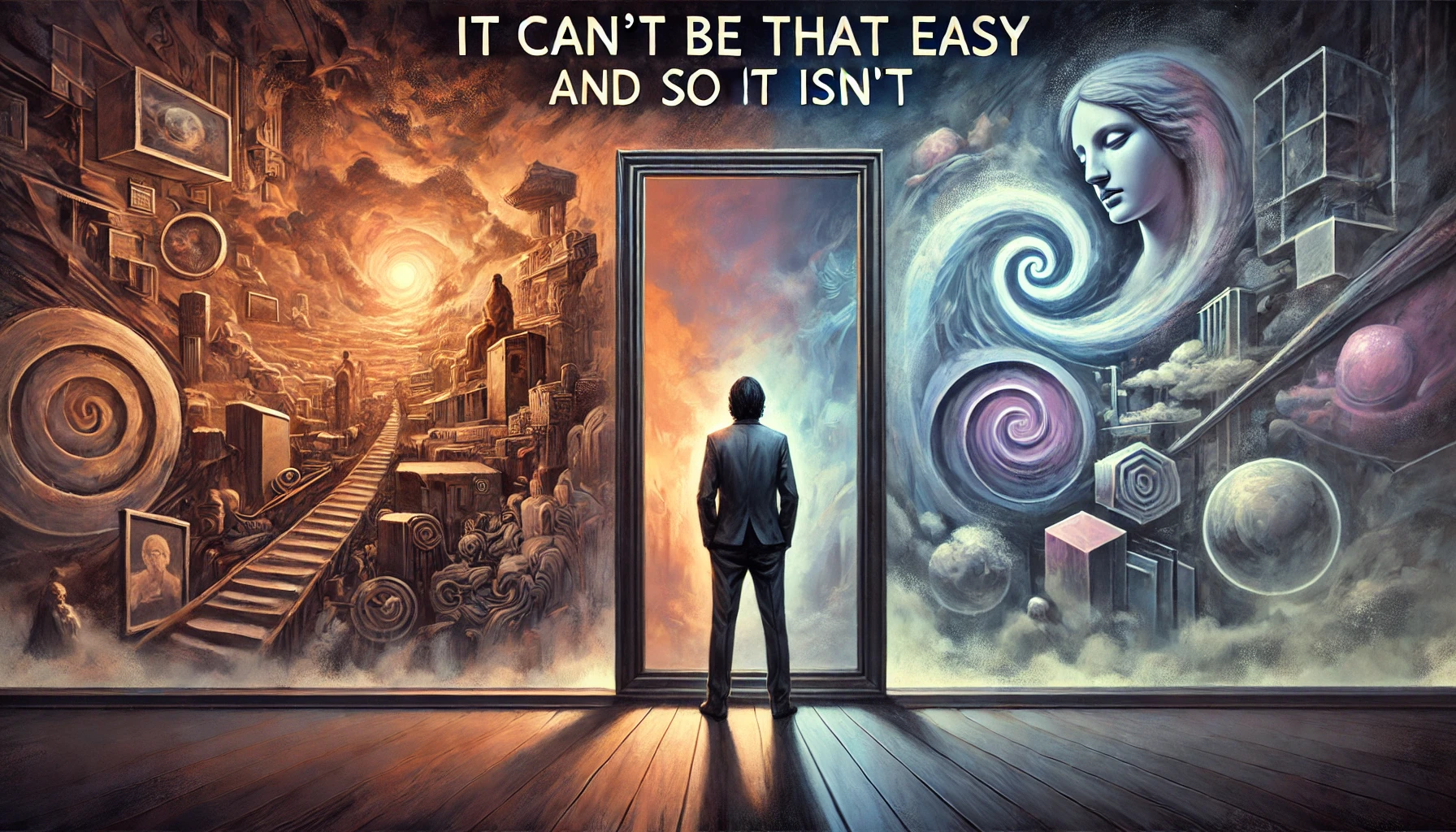



Leave a Reply